A somatization comorbidity phenotype impacts response to therapy
Por um escritor misterioso
Last updated 27 abril 2025
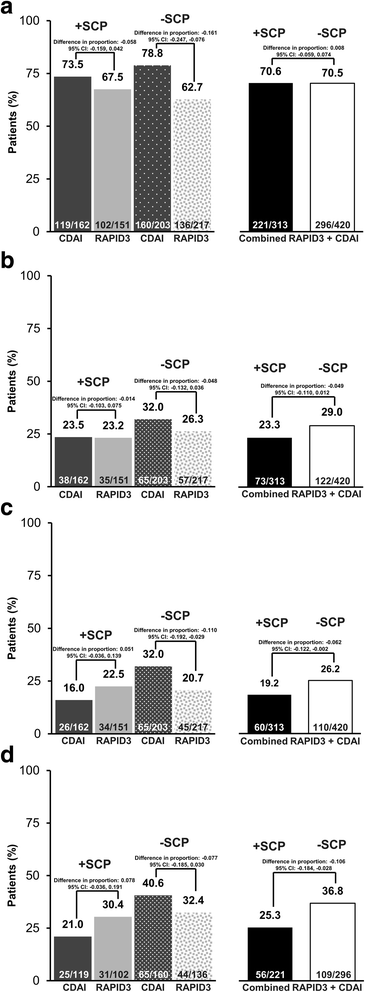
Background Comorbidities may contribute to disease activity and treatment response in rheumatoid arthritis (RA) patients. We defined a somatization comorbidity phenotype (SCP) and examined its influence on response to certolizumab pegol (CZP) using data from the PREDICT trial. Methods Patients in PREDICT were randomized to the patient-reported Routine Assessment of Patient Index Data 3 (RAPID3) or physician-based Clinical Disease Activity Index (CDAI) for treatment response assessment. Post-hoc analyses identified patients with the SCP, which included diagnosis of depression, fibromyalgia/myalgias, and/or use of medications indicated for treatment of depression, anxiety, or neuropathic pain. The effect of the SCP on RAPID3 or CDAI response at week 12 and low disease activity (LDA; Disease Activity Score in 28 joints based on erythrocyte sedimentation rate ≤ 3.2) at week 52, in week-12 responders, was analyzed using non-parametric analysis of covariance (ANCOVA). Results At baseline, 43% (313/733) of patients met the SCP classification. Patients with the SCP were 9% more likely to withdraw from the trial. American College of Rheumatology 20% (ACR20), ACR50, and ACR70 responses were 5–14% lower among those with the SCP, and 11% more patients reported adverse events (AEs). Patients without SCP in the CDAI arm were twice as likely to achieve LDA at week 52 compared with those with SCP (32% versus 16%). No differentiation by SCP was observed in the RAPID3 arm (pooled result 21.5%). Conclusions We operationalized a potentially important somatization comorbidity phenotype in a trial setting that was associated with a substantially lower likelihood of treatment response and a higher frequency of AEs. Including large numbers of patients with this phenotype in RA trials may reduce the measured clinical effectiveness of a new molecule. Trial registration ClinicalTrials.gov, NCT01255761 . Registered on 6 December 2010.

Somatic comorbidities in FGID patients (total FGID patients (effective

Understanding the somatic consequences of depression: biological mechanisms and the role of depression symptom profile – topic of research paper in Clinical medicine. Download scholarly article PDF and read for free on

Epigenetics at the crossroads between genes, environment and resilience in anxiety disorders - Schiele - 2018 - Genes, Brain and Behavior - Wiley Online Library
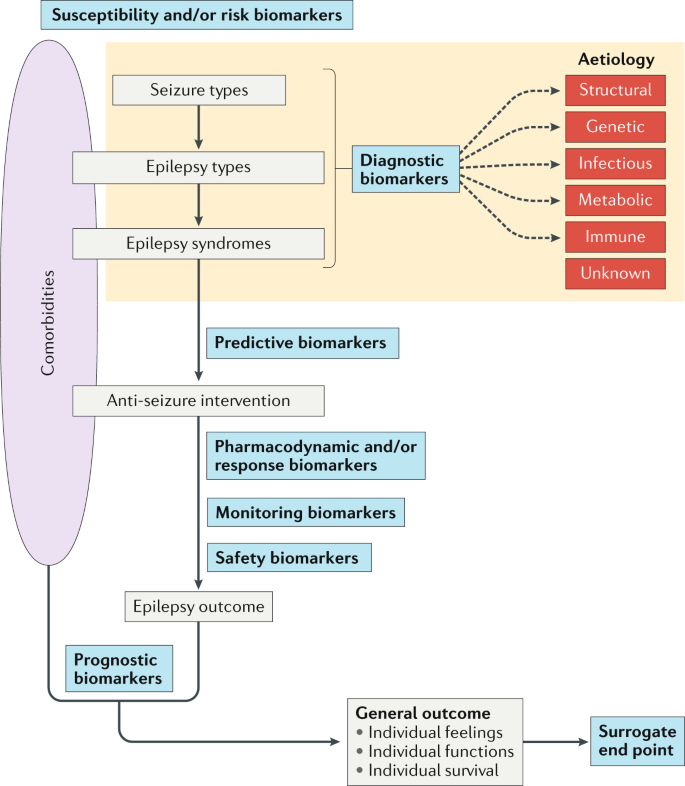
Impact of predictive, preventive and precision medicine strategies in epilepsy

The translational genetics of ADHD and related phenotypes in model organisms - ScienceDirect
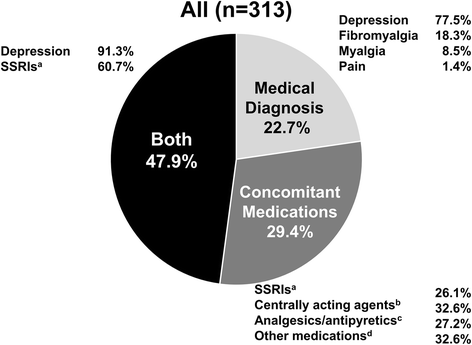
A somatization comorbidity phenotype impacts response to therapy in rheumatoid arthritis: post-hoc results from the certolizumab pegol phase 4 PREDICT trial, Arthritis Research & Therapy

Contribution of the P2X4 Receptor in Rat Hippocampus to the Comorbidity of Chronic Pain and Depression
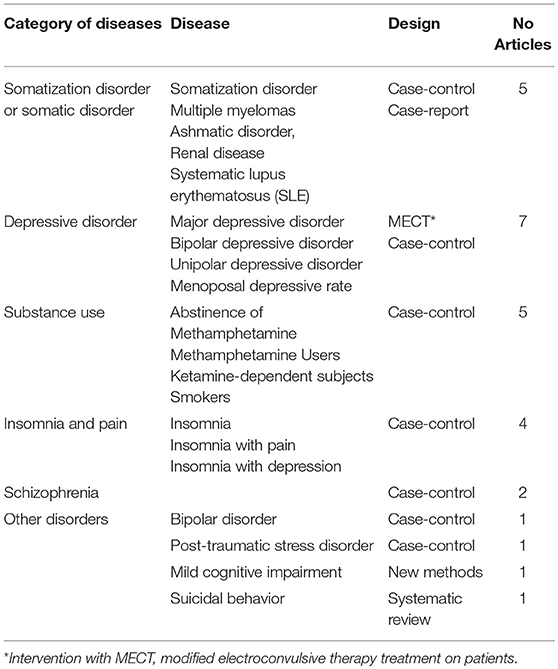
Frontiers Editorial: Brain and Somatization Symptoms in Psychiatric Disorders
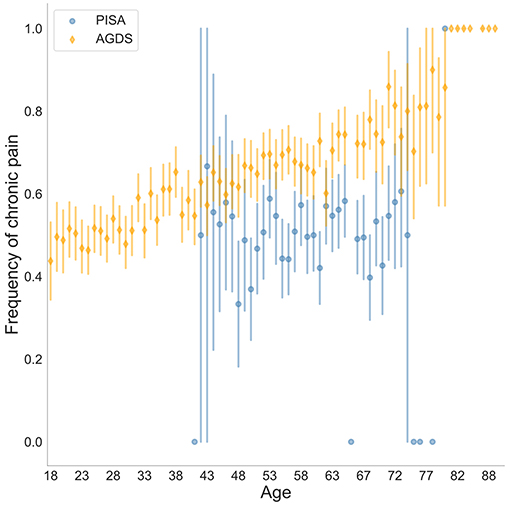
Frontiers Comorbid Chronic Pain and Depression: Shared Risk Factors and Differential Antidepressant Effectiveness

Conversion Disorder: What Is It, Causes, Diagnosis, and More
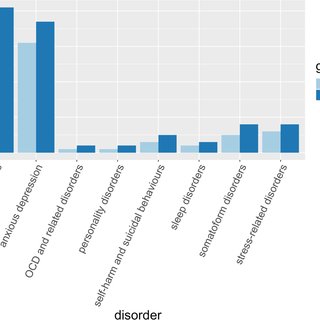
Psychiatric comorbidities in TRD and non-TRD in UKB Psychiatric
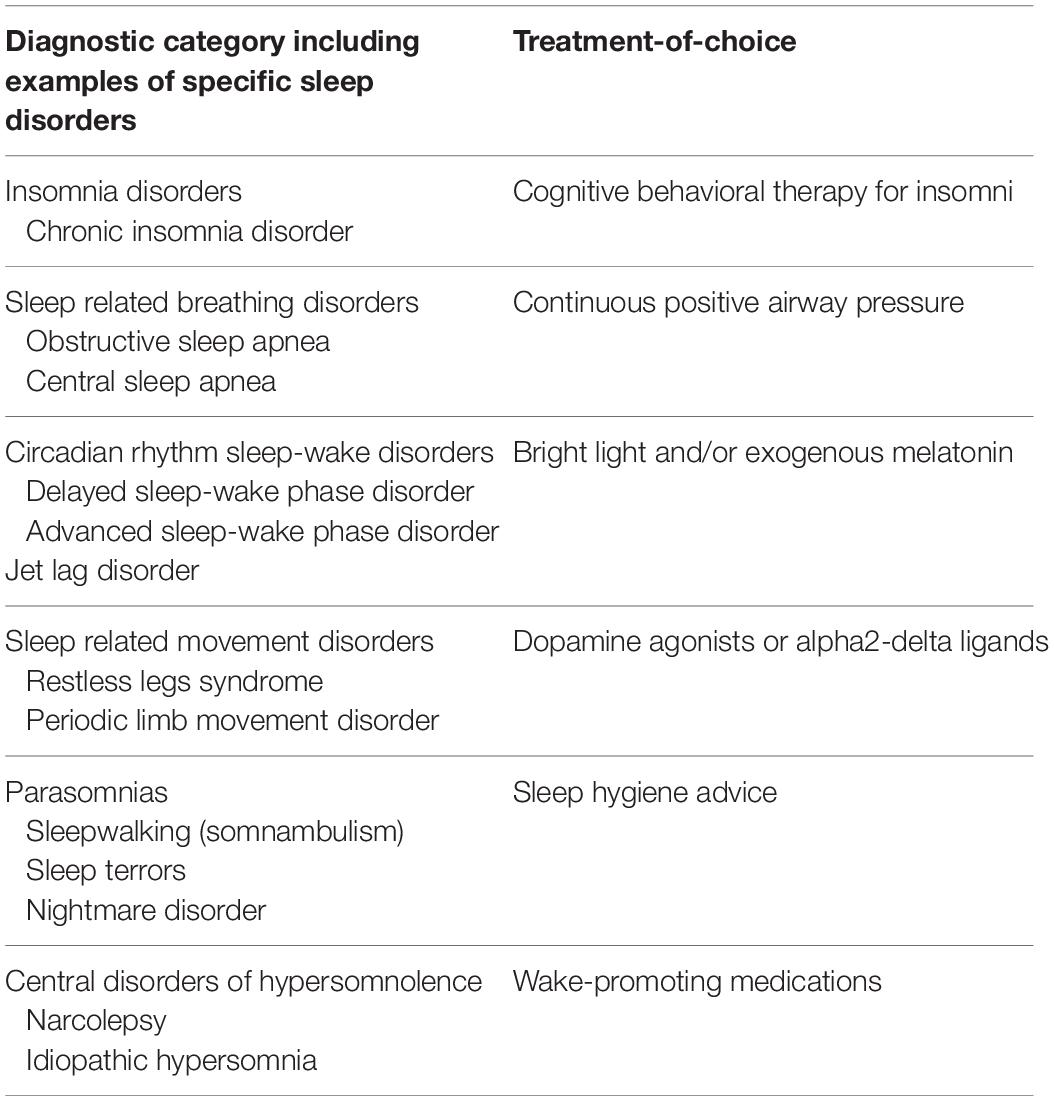
Frontiers Insomnia – A Heterogenic Disorder Often Comorbid With Psychological and Somatic Disorders and Diseases: A Narrative Review With Focus on Diagnostic and Treatment Challenges
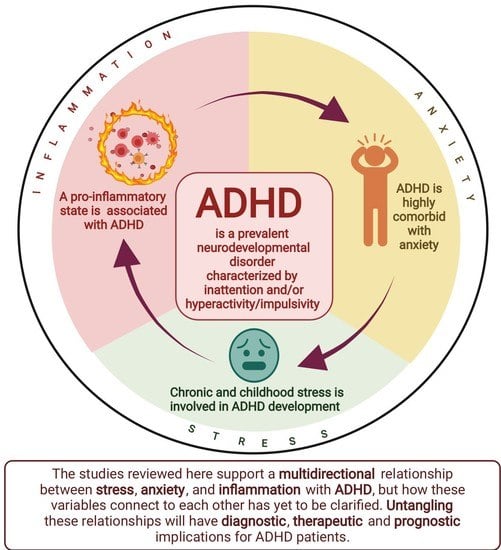
Biomedicines, Free Full-Text

Identifying and visualising multimorbidity and comorbidity patterns in patients in the English National Health Service: a population-based study - The Lancet Digital Health
Recomendado para você
-
 dumpystumpy (u/dumpystumpy) - Reddit27 abril 2025
dumpystumpy (u/dumpystumpy) - Reddit27 abril 2025 -
 Curioids – magpie modular27 abril 2025
Curioids – magpie modular27 abril 2025 -
 Council Documents - Lake Roland Nature Council27 abril 2025
Council Documents - Lake Roland Nature Council27 abril 2025 -
 random traditional stuff by FlareyTheCat on DeviantArt27 abril 2025
random traditional stuff by FlareyTheCat on DeviantArt27 abril 2025 -
 UpBright 24V AC/DC Adapter Compatible with Xerox27 abril 2025
UpBright 24V AC/DC Adapter Compatible with Xerox27 abril 2025 -
 BEMA announces staff promotions for 2021, 2021-01-1927 abril 2025
BEMA announces staff promotions for 2021, 2021-01-1927 abril 2025 -
That Library Show How Do You Feel About Pick Me's27 abril 2025
-
 Key Benefits – Transcend Cosmetics27 abril 2025
Key Benefits – Transcend Cosmetics27 abril 2025 -
 AC Adapter for Hitron HEG42-240200-7L Power Supply Cord 37-007627 abril 2025
AC Adapter for Hitron HEG42-240200-7L Power Supply Cord 37-007627 abril 2025 -
 Binder 99-0072-100-02 M9 IP40 Female cable connector, Contacts: 227 abril 2025
Binder 99-0072-100-02 M9 IP40 Female cable connector, Contacts: 227 abril 2025
você pode gostar
-
 /r/IoGames27 abril 2025
/r/IoGames27 abril 2025 -
 Vegeta (Majin Super Saiyan 2) Palette #3 by TheTabbyNeko Anime dragon ball, Anime dragon ball super, Dragon ball wallpapers27 abril 2025
Vegeta (Majin Super Saiyan 2) Palette #3 by TheTabbyNeko Anime dragon ball, Anime dragon ball super, Dragon ball wallpapers27 abril 2025 -
 File:2022 USASOC International Sniper Competition Image 1 of 1627 abril 2025
File:2022 USASOC International Sniper Competition Image 1 of 1627 abril 2025 -
 Anime : Kageki Shoujo! Shoujo, Anime romance, Anime wallpaper27 abril 2025
Anime : Kageki Shoujo! Shoujo, Anime romance, Anime wallpaper27 abril 2025 -
 Felippe Cardoso testa positivo para Covid-19 e está fora do27 abril 2025
Felippe Cardoso testa positivo para Covid-19 e está fora do27 abril 2025 -
 ABBYY FineReader27 abril 2025
ABBYY FineReader27 abril 2025 -
 Ruy Lopez Opening: Morphy, Tarrasch Variation ⚜️⚜️ #chess27 abril 2025
Ruy Lopez Opening: Morphy, Tarrasch Variation ⚜️⚜️ #chess27 abril 2025 -
 8 Mindblowing Knife Fighting Styles » Enter Shaolin27 abril 2025
8 Mindblowing Knife Fighting Styles » Enter Shaolin27 abril 2025 -
 HUBLOT ANNOUNCES THE NEW BIG BANG e FIFA WORLD CUP QATAR 2022™27 abril 2025
HUBLOT ANNOUNCES THE NEW BIG BANG e FIFA WORLD CUP QATAR 2022™27 abril 2025 -
 Door Codes Defined EL & EL Wood Products27 abril 2025
Door Codes Defined EL & EL Wood Products27 abril 2025
